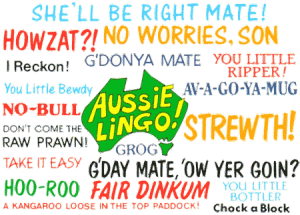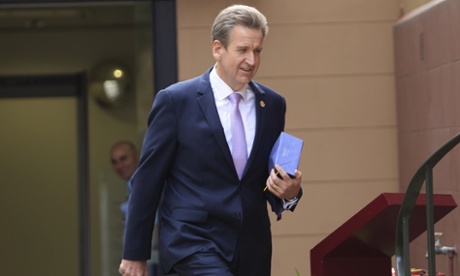Fraser says get US forces out of northern Australia and close Pine Gap

Former prime minister Malcolm Fraser does not see China as a source of future danger unless it is provoked unreasonably.
AAP/Mal Fairclough
Former prime minister Malcolm Fraser has made a radical
call for Australia to break its alliance with the United States and
become a “strategically independent” country.
In his new book Dangerous Allies, released today, Fraser
warns that the ANZUS treaty – as now interpreted - might be the biggest
threat to Australia’s security, rather than its major protector.
Strategic independence would mean ending the US presence in northern
Australia, part of the American “pivot” to the Asia-Pacific region, and
closing the Pine Gap facility, which he says nowadays could be used
almost in real time to target weapons systems.
Such a stance would necessitate Australia spending much more on
defence but it would not be caught up in any future conflict between the
US and China. “If a war between China and the United States were to
occur with a continuation of current policies, it would be very hard, if
not impossible, for Australia not to be involved.”
Fraser was a strong advocate of the alliance when he was prime
minister between 1975 and 1983, but argues that the end of the Cold War
has transformed the international situation and also that American
values have changed with the growth of its view of “American
exceptionalism”.
Fraser’s bottom line is that if conflicts break out Australia should
be in a situation where it has a totally open choice about whether it
goes to war.
He believes the alliance took Australia into costly wars, including
Vietnam (when the US did not share some vital information with
Australia), and especially Iraq, where the result “is, and was always
going to be, disastrous”.
He rejects the option that Australia should simply tell the US it
would no longer automatically follow it into future conflicts because
“we are too closely ‘intertwined with US strategies and plans.
Australian facilities are too heavily involved”.
Fraser admits the US would take “the strongest possible exception” to moves such as closing Pine Gap within five years.
“Every pressure would be exercised on an Australian government so
that the United States would maintain strategic control. We would need
to resist such pressures and make it clear that, in our view, the risks
of a strategic alliance with the United States, of being forced into a
war that was not in our interest, were so great that we had to cut the
ties.”
Writing a forward to the book former Labor foreign minister Gareth
Evans says some of Fraser’s judgements, such as that Australia should
have been a much more independent and less subservient alliance partner
in recent years, were unarguable.
“Others – in particular, his conclusion that we should now go it completely alone – are much more problematic.”
Fraser traces Australia’s stance of “strategic dependence” from the
country’s earliest days – first, dependence on Great Britain, and then
on the US, of which it is now “strategic captive”.
“I discount direct threats to Australia as a result of strategic
independence,” he writes. “It is strategic dependence that provides the
greatest problem to our future in the region.
“Indeed, the current interpretation of ANZUS by Australian leaders is
paradoxical – it might be the biggest threat to our own security
despite it being presented as the guarantor of our security.”
Fraser does not see China as a source of future danger unless it is
provoked unreasonably. “Such provocation could come from the United
States, from Japan or, much less likely, from a flare-up in the South
China Sea. It would be a major advantage not to be tied to the United
States in such circumstances,” he writes.
“An independent Australia could act much more effectively in concert
with other Western Pacific countries, on the one hand to avoid
flashpoints and points of danger, and on the other to promote
initiatives that would do much to maintain continuing peace throughout
the region.
“Yet, as part of the American network, we would not be able to take
such action. We would merely be regarded as a surrogate voice of America
and therefore wield no true influence.”
He says that a strategically independent Australia would still share a
great deal with the US. “Strategic independence does not mean ending
our relationship with America and cutting out ties. It does mean having a
different relationship, a more equal one in which we can feel free to
say no or offer a differing opinion.”












